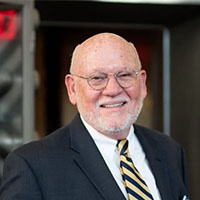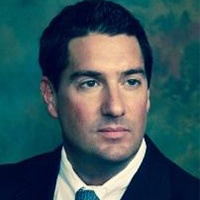Bridgeport Criminal Lawyer, Connecticut
Sponsored Law Firm
-
 x
x

Click For More Info:
-
Andrew M Amendola, Attorney at Law
591 Thompson Avenue East Haven, CT 06512» view mapAccident & Injury, Criminal, Estate, Real Estate Where Every Client Matters
Let Andrew M Amendola, Attorney at Law handle all your legal needs today@
800-942-4780
Paul Christopher Gusmano
✓ VERIFIEDAttorney Gusmano was chosen for inclusion in 'Connecticut Magazine and New England Super Lawyers Magazine as a Super Lawyer in Personal Injury from 20... (more)
James J Ruane
James J. Ruane is a practicing lawyer in the state of Connecticut.
James O Ruane
Jay Ruane is a practicing lawyer in the state of Connecticut.
Joseph C. Maya
✓ VERIFIEDJoseph C. Maya believes in providing large firm experience but with small firm communication and attention. His practice areas of the law include divo... (more)
Raymond Alan Levites
✓ VERIFIEDAttorney Levites is a practicing lawyer in the state of Connecticut.
Scott Leventhal
✓ VERIFIEDRepresenting the accused and the injured since 1957. We understand that sometimes good people make mistakes. The story of the LoRicco family and t... (more)
Herbert Ira Mendelsohn
✓ VERIFIEDHerbert Mendelsohn is a personal injury lawyer proudly serving clients in New Haven, Connecticut and the neighboring communities.
Mark Daniel Sherman
Mark Sherman is a lawyer in Stamford who focuses on Criminal Defense cases. He has tried cases involving civil litigation, Connecticut college & unive... (more)
Daniel P. Weiner
Daniel P. Weiner has served people in Fairfield County and throughout the state of Connecticut for nearly 40 years. He and his staff are committed ... (more)
Daniel A. Esposito
✓ VERIFIEDDaniel is a decorated police officer who spent 9 years in law enforcement, where he received an academic award of excellence from the Milford Police A... (more)
 Andrew Amendola East Haven, CT
Andrew Amendola East Haven, CT AboutAndrew M Amendola, Attorney at Law
AboutAndrew M Amendola, Attorney at Law











